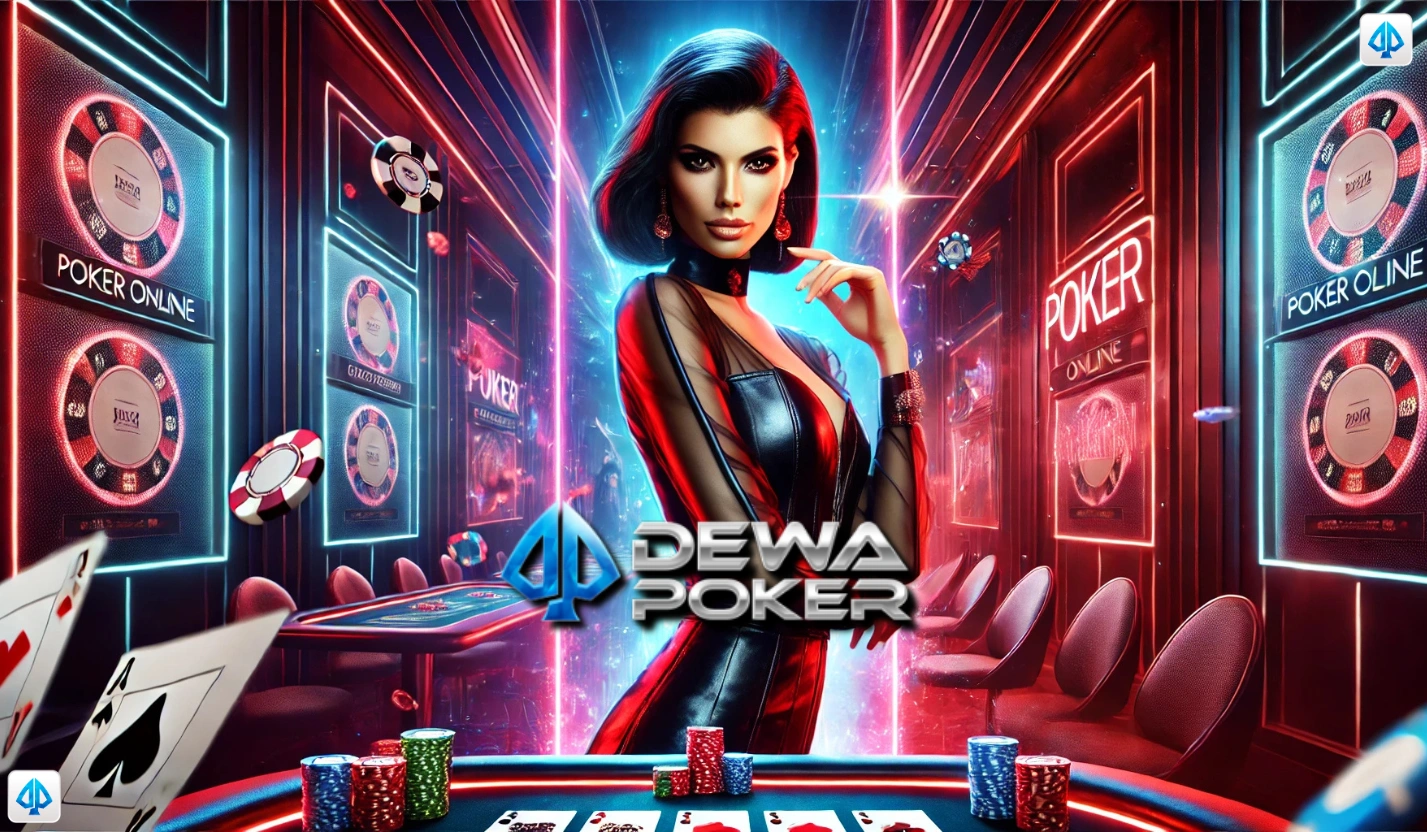Dewa Poker: The Storytelling Side of Strategy and Chance
Wiki Article

Stories surround us everywhere—books, films, comics, and even games. They tell tales of risk, triumph, defeat, and the choices characters must make. Interestingly, poker, especially its modern version like Dewa Poker, can be seen as a storytelling experience in itself. Every hand is a chapter, every player a character, and every decision a twist in the plot. When explored deeply, poker mirrors the same themes we see in creative narratives: tension, suspense, strategy, and the triumph of the unexpected underdog. https://pinkpartscomic.com/
Poker as a Living Narrative
Think of poker as a constantly unfolding comic strip. Each round is a panel, each decision a frame, and each player contributes to the arc of the story. In Dewa Poker, the intensity is heightened because players aren’t just reacting to cards—they’re reacting to each other.
Much like a writer or artist sets the tone of a scene, players set the mood at the table. A bluff becomes the dramatic cliffhanger. A sudden fold is the plot twist that no one saw coming. And the winning hand? That’s the climax where the hero either soars or crumbles.
The Characters of the Table
In a comic, the cast makes the story engaging. Poker tables, especially in variations like Dewa Poker, are filled with distinct “characters.” There’s the cautious strategist who plays only when the odds are strongest, the bold risk-taker who dives into every hand, and the unpredictable wild card who keeps everyone guessing.
These personalities often clash, creating dynamics similar to character conflicts in fiction. Just as in a comic story, no single character dominates every panel. Victory comes when a player adapts to the personalities around them, just as a protagonist adapts to their allies and rivals.
Conflict, Tension, and Resolution
Every good story thrives on conflict, and poker provides it naturally. At the start of each hand, players are placed into conflict not only with their opponents but with chance itself. Tension builds as the cards are revealed, the stakes rise, and the decisions become harder.
In Dewa Poker, this sense of suspense is magnified. A small bet might look harmless at first, but it can quickly escalate into a dramatic showdown. The resolution arrives when the cards are revealed, and the table reacts with gasps, cheers, or sighs. Much like a comic book climax, the payoff is often surprising, keeping players hooked for the next chapter.
Themes of Risk and Reward
Risk and reward are central themes in storytelling and poker alike. Heroes in comics take risks when facing impossible odds, often betting everything on a single choice. Poker mirrors this reality. Players must decide whether to risk their chips for the chance at victory or play it safe and survive another round.
In Dewa Poker, this balance is critical. Overconfidence can ruin a strong position, while caution can mean missed opportunities. The game teaches us that just like in a story, growth only happens when characters—and players—dare to step into uncertainty.
Strategy as World-Building
For writers and artists, world-building gives stories depth. It’s about setting rules, creating systems, and designing environments that challenge characters. Poker has its own version of world-building: strategy.
Every player develops their “world” of tactics—when to fold, when to bet, how to bluff. Over time, this strategy becomes their narrative voice. In Dewa Poker, players who refine their strategies create a consistent story arc, one that reflects their strengths and reveals how they handle adversity. Strategy, like good world-building, creates a believable and engaging experience for everyone involved.
Lessons from the Table
The poker table offers lessons that extend beyond entertainment and into the creative and personal realms. Here are a few key insights:
Patience builds depth. Just as a comic takes time to develop a compelling plot, poker rewards players who wait for the right opportunities.
Adaptability keeps stories alive. Characters who can’t change are often doomed. Similarly, players who stick to one rigid style in Dewa Poker find themselves outmaneuvered.
Failure is part of the arc. In storytelling, setbacks drive growth. In poker, losing hands teach valuable lessons about strategy and resilience.
Victory is sweeter with suspense. Just as readers enjoy the payoff after a long build-up, poker players appreciate the thrill of a hard-earned win.
Creativity at the Table
It might sound unusual, but poker is also a creative pursuit. Each hand requires improvisation, imagination, and the ability to think beyond the obvious. Bluffing, in particular, is an art form. It’s the poker equivalent of drawing a misleading panel or writing a twist that sends readers in the wrong direction before revealing the truth.
In Dewa Poker, creativity often determines who wins the day. The most successful players are those who surprise their opponents with fresh approaches, much like artists who keep their readers turning pages with unexpected developments.
The Human Connection
Beyond the mechanics, poker is about people. The laughter, the tension, the friendly banter, and even the silence create a shared human experience. This is why the game has survived for centuries and continues to evolve.
In the same way, comics endure because they connect people through shared stories. Dewa Poker, like storytelling, reminds us that while strategy and skill matter, the true richness lies in the interactions and emotions it creates.
Final Thoughts
Dewa Poker is more than a card game—it’s a story told hand by hand, filled with tension, drama, and resolution. Every player becomes both author and character, shaping the narrative through their decisions. For those who appreciate the structure of storytelling, poker is a fascinating reflection of narrative itself, where strategy, creativity, and human connection intertwine.
Whether at the poker table or in the pages of a comic, the themes are the same: risk, conflict, patience, and triumph. Both teach us that every chapter, whether won or lost, is part of a greater journey worth experiencing.
Report this wiki page